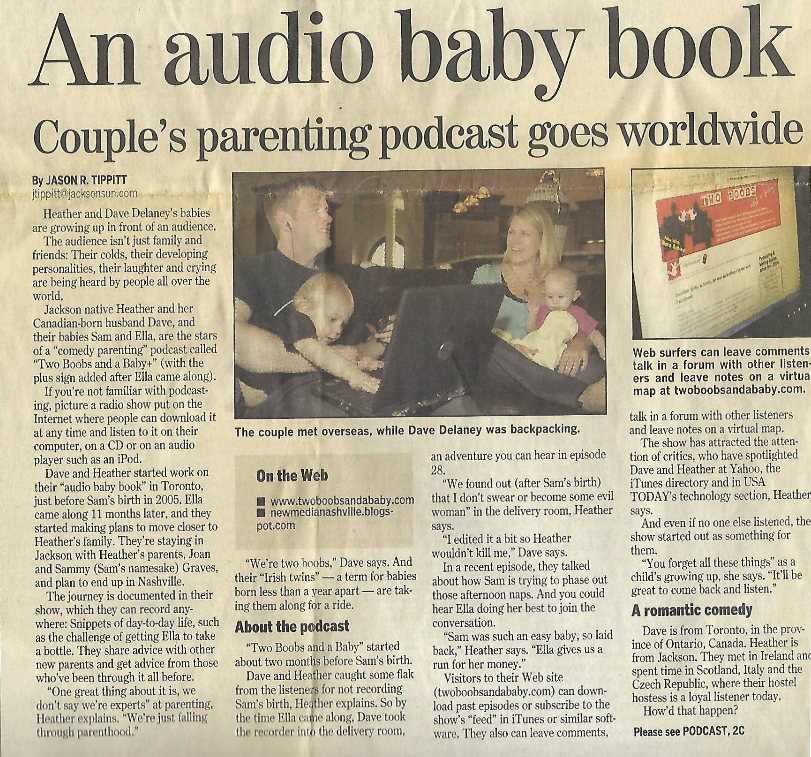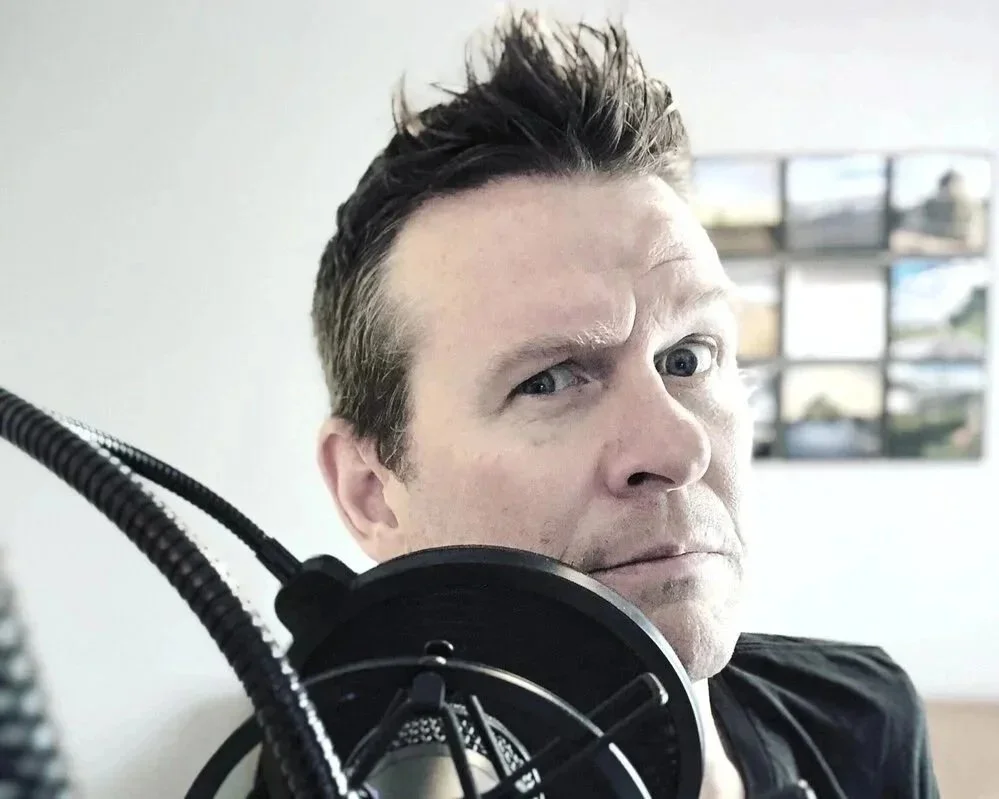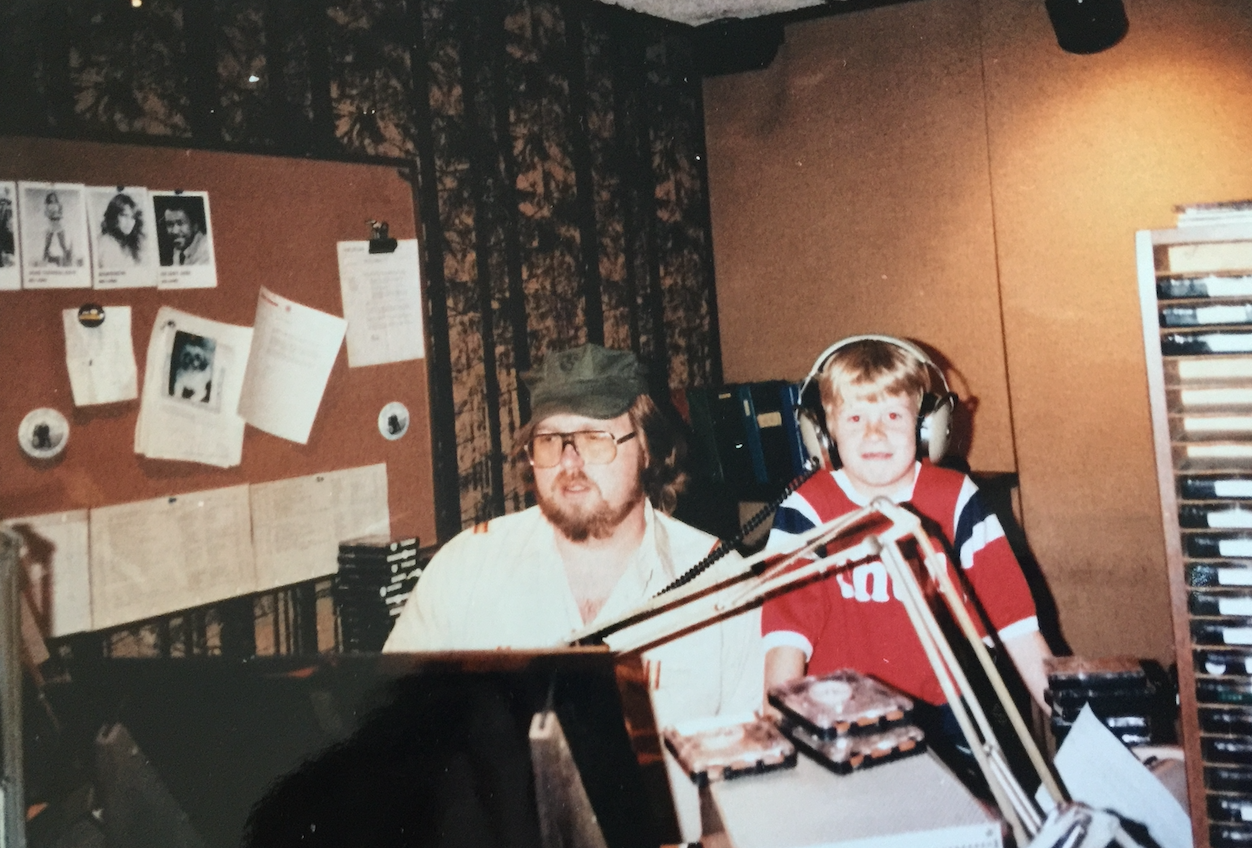Why I’m Looking for a Podcast Business Partner for ADHD Wise Squirrels
For more than 20 years, I’ve been deeply involved in the podcasting world. I’ve taught podcasting workshops, advised clients on launching their own shows, co-founded PodCamp Nashville, and hosted and produced multiple podcasts, including my first show, Two Boobs and a Baby, which debuted in 2005.
Podcasting isn’t just a hobby for me; it’s been a through-line in my career, and it’s something I passionately know inside and out.
Today, my focus is on ADHD Wise Squirrels, a profitable podcast I created for late-diagnosed adults with ADHD, like me. The mission is urgent yet straightforward: to remove stigmas, inspire adults with ADHD, and help people understand why getting tested and treated is crucial. Research shows that undiagnosed and untreated ADHD can reduce life expectancy by up to 13 years. That reality drives me every single day to put this show into the world.
Why I Need a Partner
I’ve been running Wise Squirrels solo since launching in 2023. I research and schedule guests, facilitate interviews, edit the episodes, create clips, produce and host the conversations, write the email newsletter, and manage sponsorship outreach.
Despite doing it all myself, the results speak volumes: in 2024, the show hit 62,000 downloads, and in 2025, I’ve already surpassed 65,000 downloads with a clear path toward 100,000 downloads by year’s end. The audience is growing quickly, and the impact is real.
But here’s the truth: I can’t do it alone forever. To take Wise Squirrels to the next level, I need a business partner, a behind-the-scenes producer who can bring their expertise to help.
Who I’m Looking For
I’m seeking someone who is:
Skilled in editing audio and video, and will manage this part of the podcast moving forward.
Knows how to create and distribute compelling social media content.
Understands SEO/SEM for optimizing said content to increase engagement and listenership.
Brings savvy around business growth, strategy, and scaling with a sharp eye on metrics.
In short, I need a business partner who can balance production and business growth. At the same time, I focus on delivering high-quality content, engaging with guests, developing new sponsorships and revenue, and advancing the mission forward.
Where We’re Headed
My vision is expansive: audience growth, expanded sponsorships, live events, and even educational courses built around the community we’re growing. The opportunity is here; I need the right person to step in and help steer this next chapter, who will share in the success, profits, and goal of serving our fellow Wise Squirrels.
Why ADHD and Why Now
Because we’re at a unique cultural moment, adult ADHD diagnoses have been steadily rising as awareness grows and more people recognize their own lived experiences in the research and stories being shared. At the same time, society has made significant strides toward destigmatizing mental health and embracing neurodiversity. What was once hidden or misunderstood is now part of an open conversation about how different brains work and how those differences can be both strengths and challenges. This combination of greater awareness, better understanding, and reduced stigma makes now the right time to shine a light on ADHD in adulthood and provide the support so many people have long needed.
Why Partner With Me?
You be my Brendan McDonald and I’ll be your Marc Maron.
You could start a podcast on your own, but building something with staying power, an established audience, and a clear mission takes time and effort. With Wise Squirrels, the foundation is already strong and the momentum is undeniable. What I bring is two decades of podcasting expertise, proven consistency, and relentless focus on this mission.
What I need is someone equally passionate about making Wise Squirrels thrive. Together, we can transform this project into something bigger than either of us could achieve alone.
If this resonates with you or if you know someone who would be a great fit, I’d love to start a conversation.
Email me at dave@wisesquirrels.com and use the subject line: Partner.


















